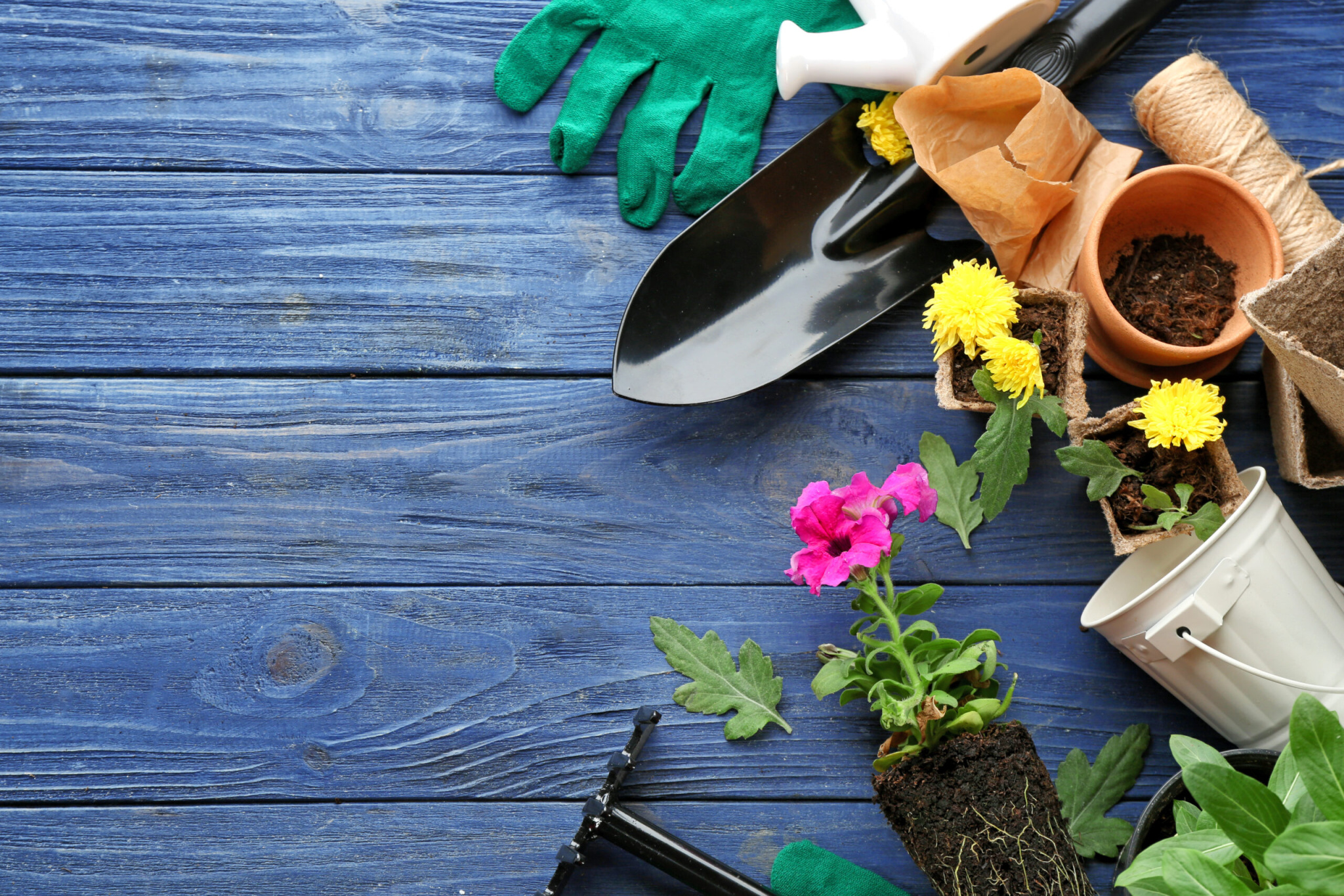Gardening has been a passion for many people, with the rise of plant-parenting and indoor gardening social media accounts. However, there are some misconceptions about gardening that can hinder your success in creating a thriving garden.
Don’t worry; we’re here to debunk those myths and help you achieve your green thumb dreams! In this blog post, we’ll be discussing common gardening misconceptions and why it’s time to stop believing them. From the importance of fertilizer to when to prune, we’ve got you covered!
So grab your watering can and let’s get started on busting these myths once and for all.
Introduction to Common Gardening Misconceptions
One of the most common gardening misconceptions is that you need a green thumb to be successful. This couldn’t be further from the truth! Anyone can learn to garden, it just takes a little time and patience. Another common misconception is that gardening is expensive.
While it’s true that you’ll need to invest in some tools and supplies, you can easily find affordable options. Plus, once you have your garden set-up, it requires very little maintenance.
Finally, many people believe that they don’t have enough space for a garden. But even if you only have a small balcony or patio, you can still grow a variety of plants in containers. So don’t let limited space stop you from enjoying the benefits of gardening!
Myth 1: You Need a Lot of Space to Garden
One of the most common misconceptions about gardening is that you need a lot of space to do it. This simply isn’t true! There are plenty of ways to garden in small spaces, whether you have a balcony, a windowsill, or even just a few pots on your porch. Of course, if you have more space, you can certainly do more with your garden. But don’t let the lack of space deter you from starting a garden of your own. With a little creativity and effort, you can grow a beautiful garden no matter how much (or how little) space you have to work with.
Myth 2: Gardening is Expensive
Gardening does not have to be expensive. In fact, it can be quite affordable. There are many ways to save money on gardening supplies and equipment. For example, you can purchase used gardening tools and equipment at garage sales or thrift stores. You can also grow your own plants from seedlings instead of buying them from a nursery. Additionally, you can compost your own organic matter to use as fertilizer for your garden.
Myth 3: You Have to Have Green Thumbs
One common gardening misconception is that you have to have green thumbs to be a successful gardener. This simply isn’t true! While some people may be naturally gifted when it comes to growing plants, the vast majority of people can learn the necessary skills with a little practice. There are plenty of resources available to help you get started, including books, websites, and even classes at your local nursery or community center. Just remember that gardening is a process, and it takes time and patience to learn the ropes.
Myth 4: You Need a Lot of Time for Gardening
One of the most common gardening myths is that you need a lot of time to be successful. While it’s true that you need to dedicate some time to your garden each week, you don’t need hours and hours. Even just 30 minutes per week can make a big difference. The key is to be consistent and to focus on the tasks that are most important for the health of your plants.
The Benefits of Gardening
Gardening is a great way to get outdoors, get some exercise, and enjoy the beauty of nature. But did you know that gardening also has some great benefits for your health? Here are just a few of the benefits of gardening:
1. Gardening can help reduce stress levels.
2. Gardening can help improve your mood and mental well-being.
3. Gardening can help increase your level of physical activity, which is great for your overall health.
4. Gardening can help you get exposure to fresh air and sunlight, both of which are great for your health.
5. Gardening can help you connect with nature, which can have a calming and relaxing effect on your mind and body.
Conclusion
Gardening is one of the most rewarding activities you can do and it’s important to approach it with a good understanding of what works best. As we have seen, there are many misconceptions surrounding gardening that can lead to poor outcomes if you follow them.
By avoiding these myths, you’ll be able to get the most out of your garden and enjoy its fruits (literally!). Hopefully this article has given you some insight into where some common gardening misconceptions come from and how to avoid them!
